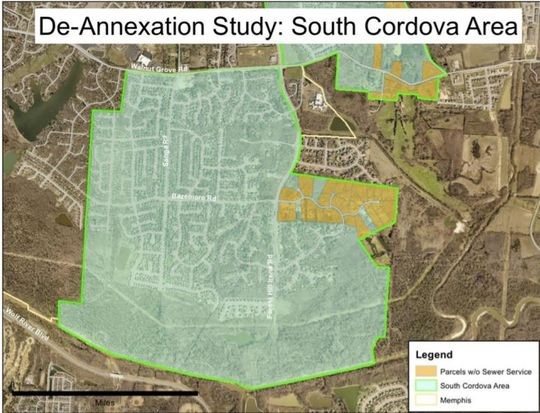 Maya Smith
Maya Smith
The Memphis City Council
After months of debate and delay, the Memphis City Council approved an increase in water rates Tuesday, but voted not to raise gas and electric rates.
The vote means Memphis Light, Gas, and Water (MLGW) customers will start paying an additional 45 cents per month, beginning in March.
MLGW officials have been seeking water, gas, and electric increases totaling 10.5 percent over five years since December. If all three hikes were approved residential customers would have paid, on average, an additional $18.56 per month during the five year period.
J.T. Young, president and CEO of MGLW, said the hikes would have helped fund about $740 million worth of improvements to the utility’s aging infrastructure.
Instead, Tuesday the council upheld its vote from two weeks ago opposing a gas rate increase. The council voted 6-7 against electric hikes, but approved the 45 cent monthly hike on water with a 9-4 vote.
As council members were reluctant to approve the original ask, Councilwoman Patrice Robinson introduced the idea as a way to offset the utility’s negative net income.
[pullquote-1]
Young said if the utility stays in the negative, the state could step in to regulate rates, likely setting them higher than the utility’s ask.
Councilman Worth Morgan said the council has to take responsibility to avoid the state “coming in and acting like big brother.”
“No one is really arguing that we don’t have aging infrastructure that needs replacing,” Morgan said. “The question is when and how are we going to replace it.”
The increased revenue will go toward improving infrastructure at the utility’s water pumping stations, which Young said, on average, are about 58 years old. The utility has a “good bit of restoration and rehabilitation that needs to be done,” Young said.
Tuesday Young also presented the results of a public phone survey conducted by the utility regarding the rate increases. Of the more than 2,000 respondents, Young said 46 percent wanted more information, 23 percent would consider rate increases, 16 percent would support an increase, and 15 percent would not support the increase under any circumstances.
‘Right-sizing’ the city
The council also approved the de-annexation of portions of South Cordova on the third and final hearing.
Approximately two-square miles, housing around 4,000 residents in 1,806 homes, will officially be outside of the city limits beginning in 2020.
Residents of the community, many of whom spoke to the council Tuesday, support the move and have been pushing for it for some years.

The residents will be expected to pay taxes through 2023.
Doug McGowen, the city’s chief operating officer, said the de-annexation is in step with the city’s effort to “right-size” the city, while “building up and not out.”
Although the city will lose about $3 million of tax dollars annually, McGowen said the city will not have a reduction in revenue because resources once used in the de-annexed area will be saved. McGowen added that the resources removed from South Cordova will be re-allocated to other areas of the city to provide better municipal services to the city’s core.
For example, McGowen said the move will decrease the area the Memphis Police Department patrols by 8 percent.
This is the fourth area of the city the council has voted to de-annex. Last year Rocky Point, Southwind-Windyke, Eads, and Riverbottoms were approved for de-annexation.